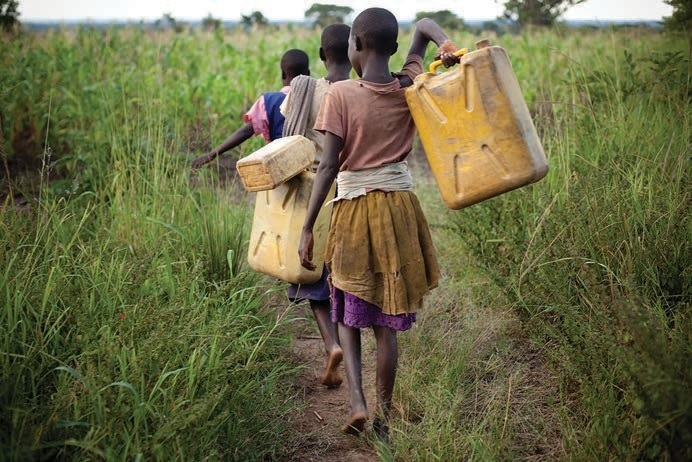Date Published: January 8, 2020
Publisher: Clean Water Press
The main purpose of this book is to assist the reader in choosing the best method for providing clean and safe water in a developing country. Most of the book’s content comes from the knowledge gained from:
-Fifty-plus years of research and teaching in water resource engineering, hydrology and clean water for developing countries at both the University of California, Los Angeles, and the University of California, Berkeley.
-Thirty-five years as an expert witness on numerous hydrologic and water resource engineering legal cases.
-Clean water projects that I was involved with in Kenya, Peru, Honduras and Guatemala between 2011 and 2017.
-Attendance at various courses including ones at the Centre for Affordable Water & Sanitation Technologies (CAWST) in Calgary, Alberta, Canada and at “Potters for Peace” in Dodgeville, Wisconsin.
-My many colleagues and students.
The sites needing clean water can be diverse, e.g. an individual household, an entire village, a group of villages, a school, a clinic, an orphanage, etc. The focus of this book is to provide the reader with a basic understanding of how to bring clean water supplies to these entities. The optimal approaches will depend on both the Point of Use (POU), which may be large or small, and the state of the water (quantity, turbidity, type and concentration of pathogens/bacteria/viruses present) at the water source. Point of Use (POU) is the location where the water is to be consumed.
The majority of those impacted by unsafe water live in isolated rural areas of the developing world. Cost, sustainability, cultural differences and acceptance by those who will use the water are all important factors in providing clean drinking water to these people.
These factors include:
-Community Involvement. By far, the most successful water enhancements in developing countries are tied to community organizations, particularly among the female population.
-The Source of Water. It could be from groundwater, rainwater harvesting or surface water, such as springs, creeks, rivers, lakes and reservoirs.
-The Quality of the Source Water. The water may have physical, biological and/or chemical pollution.
The Size of the Demand Population. Is it an individual household, a school, an orphanage, a small or large village, or a group of villages? Obviously, this affects the amount/volume of clean water needed, and this affects the methodology to be used.
-The location of the population to be served. Are they close together or widely dispersed?
About the Author
John Dracup was born and raised in Seattle, Washington, where his parents settled because the climate reminded them of their native Glasgow, Scotland. He is a civil engineer and hydrologist. He holds degrees in Civil Engineering from the University of Washington, Seattle, the Massachusetts Institute of Technology, Cambridge and the University of California, Berkeley.
He has taught water resource engineering and hydrology at both the University of California, Los Angeles and the University of California, Berkeley for over 50 years. In his research, he has focused on the optimization of large-scale water resource systems and the impact of climate change on hydrologic variables. He has conducted clean water projects in Africa as well as in Central and South America.
Professor Dracup is a Fellow of the American Society of Civil Engineers and the American Geophysical Union among others. In 2001, he was a Fulbright Scholar to Australia. In 2015, the Rotary Foundation cited him for his efforts in supplying clean, safe water in developing countries. He lives in Santa Monica, California with his wife and family.
Contact Links
Purchase Links
EXCERPT
INTRODUCTION
“Thousands have lived without love, not one without water.”
-W.H. Auden
The Dilemma: You have arrived at a village in western Kenya in the late afternoon. The sky is a dusty haze. There is a stillness in the air.
Spread the love
1 Comment
-
Thanks for sharing your book with us. I think we all enjoy hearing about new books we previously didn’t know about. Also, thank you for the giveaway.




